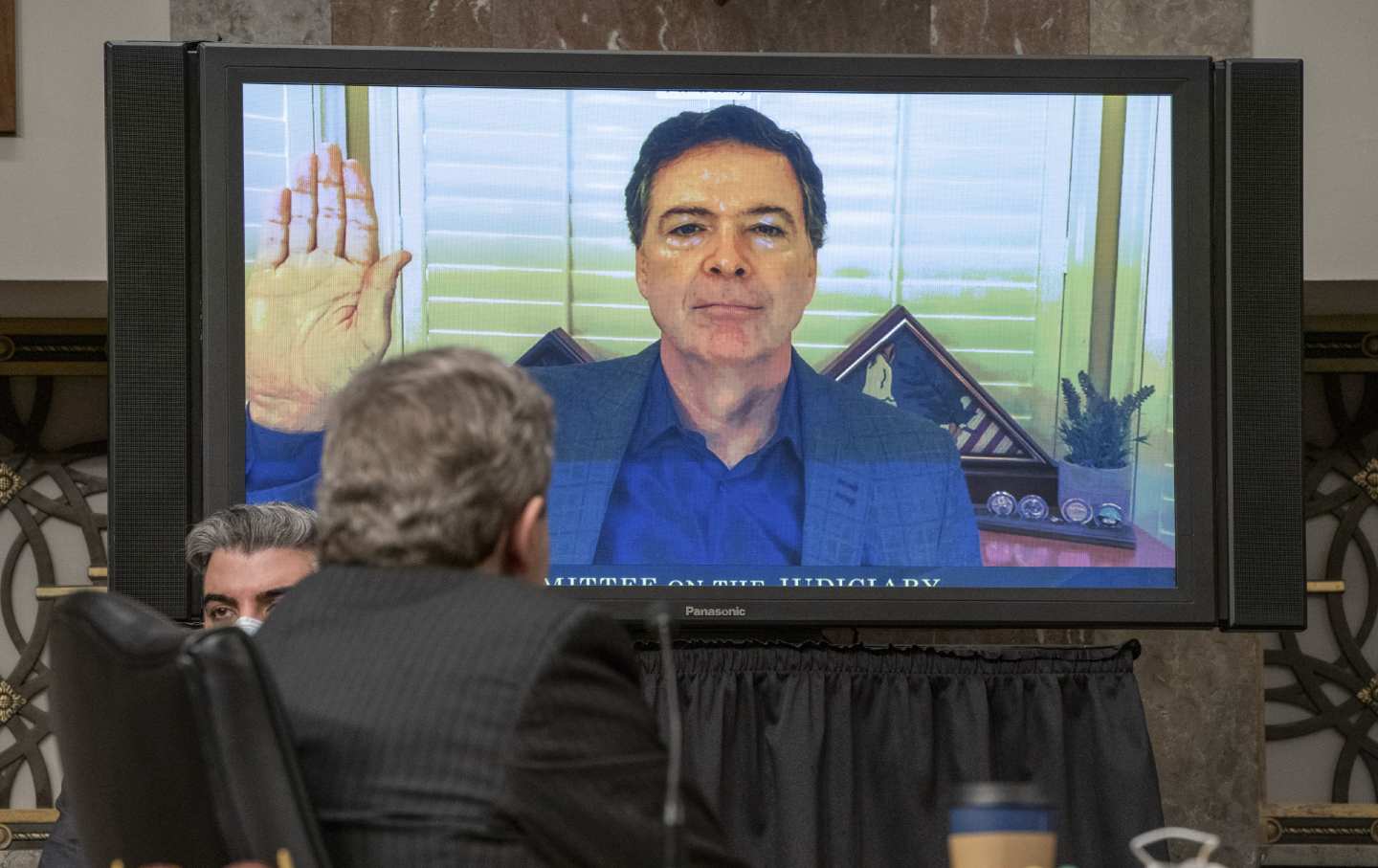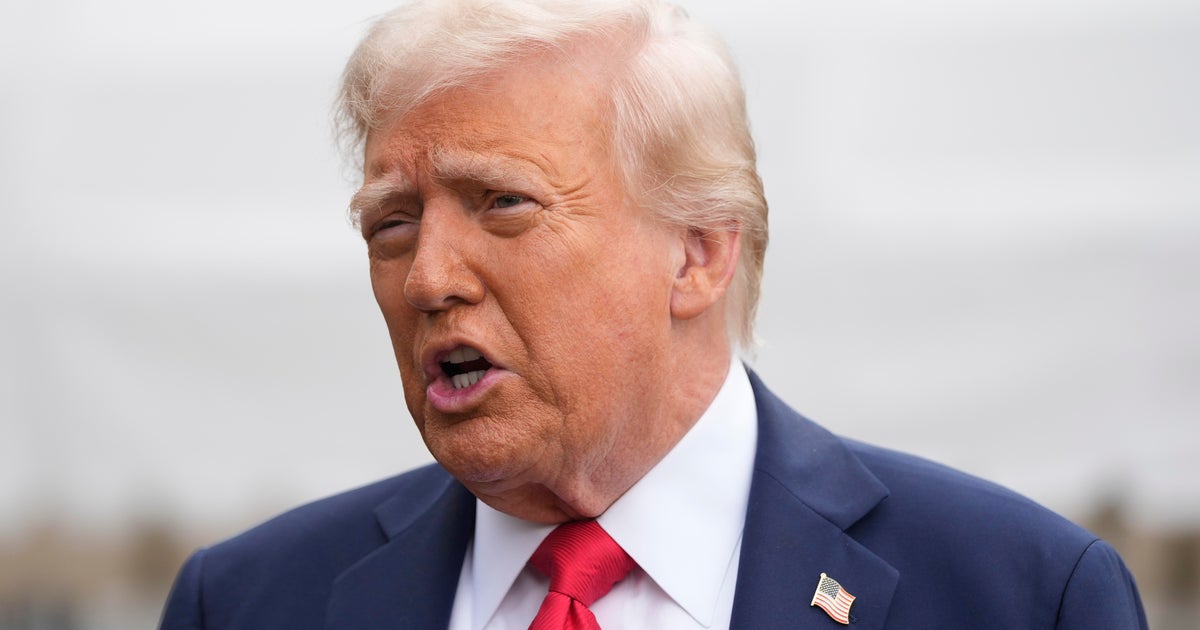
In August 2005, James Comey delivered a poignant farewell address as he stepped down from his role as Deputy Attorney General (DAG) of the Department of Justice (DOJ). In a historic venue, he likened his responsibilities to ensuring that a pond remained filled with water, with that water symbolizing the trust the American public placed in the DOJ. As he concluded his speech, Comey expressed hope that his tenure had not diminished that vital reservoir of trust.
Comey’s words resonated deeply with those of us present that day. His steady leadership had helped the DOJ respond effectively to terrorism in the aftermath of the 9/11 attacks, and he had strengthened the capabilities of federal prosecutors during the post-Enron accounting scandals. At that moment, it appeared that the DOJ was poised to meet the challenges of the day with integrity and resolve. However, the political landscape was shifting, hinting at a future where politics would increasingly taint the department’s mission.
Fast forward two decades, and the same James Comey who once championed the ideals of justice finds himself ensnared in a grotesque and meritless indictment, a product of political machinations orchestrated by figures loyal to Donald Trump. Just last week, Comey was charged with flimsy accusations brought forth by Lindsey Halligan, a novice prosecutor appointed after the dismissal of her predecessor, who had determined there was no basis for charges against him. This troubling trend of using the legal system as a tool for political revenge threatens to extend far beyond Comey, endangering all public servants who become targets for retribution by the Trump administration.
How did Comey evolve into a symbol of the Trump administration’s assault on democracy? The answer is not too complicated; it involves a reflection on Comey’s own actions during his later tenure as a law enforcement leader, which contributed to the erosion of the very norms he once upheld.
When Comey was nominated as FBI Director by President Barack Obama in September 2013, he entered a DOJ that had endured a troubling decline since his departure. The department had failed to prosecute Purdue Pharma and the Sackler family for their role in the opioid crisis, and it had shied away from holding Wall Street accountable for its part in the financial collapse that devastated countless American lives. The DOJ’s leadership, steeped in incompetence and political gamesmanship, had lost the public’s trust, a trust that Comey himself had worked so hard to foster.
As FBI Director, Comey was tasked with addressing a plethora of domestic and international criminal activities against the backdrop of a DOJ perceived as ineffective and unwilling to tackle pressing challenges. Recognizing the weight of the moment, Comey’s institutional reputation and personal ambition were put to the test. Yet, it was during this period that he faced a significant challenge with the investigation into Hillary Clinton’s email practices.
In March 2015, just months before Trump’s infamous escalator announcement, The New York Times exposed Clinton’s use of a private email server for official communications. This revelation sparked an FBI investigation that would demand deft handling to maintain public confidence in the process. Unfortunately, Comey’s handling of the situation would prove disastrous.
The investigation uncovered that among over 30,000 emails sent from Clinton’s server, only eight had been marked as top secret—none of which contained sensitive information regarding imminent national security threats. In July 2016, Comey announced the conclusion of the investigation, stating that there was no evidence of criminal intent. While his conclusion was correct, his unilateral decision to make the announcement without prior consultation with Attorney General Loretta Lynch violated established DOJ protocols and norms.
Comey’s press conference not only undermined the integrity of the DOJ but also painted Clinton in a politically charged light, labeling her conduct as “extremely careless.” This assessment crossed a line, as it disregarded the department’s commitment to due process and the presumption of innocence for individuals not charged with crimes. By deviating from these critical norms, Comey appeared to manipulate the DOJ’s stature to influence the presidential race.
The situation worsened when, just days before the 2016 election, Comey publicly announced the reopening of the Clinton investigation based on new emails found on a laptop belonging to Anthony Weiner, who was married to a close Clinton aide. This unprecedented move violated DOJ rules and stemmed from Comey’s fear of potential leaks about the investigation. Ultimately, just two days before the election, he closed the investigation again, reaffirming that the emails posed no new evidence against Clinton. The damage, however, was irreversible, as the political fallout contributed to Trump’s victory despite losing the popular vote.
In the aftermath, Comey became a polarizing figure, vilified by both political extremes, and the FBI lost the public trust he had previously helped secure. The perception that the DOJ had been weaponized for political ends only deepened the public’s skepticism toward government institutions.
Now, with the indictment from Halligan, Comey finds himself on the receiving end of the very tactics he helped normalize. While his actions regarding the Clinton inquiry were not motivated by malice, his willingness to disregard DOJ protocols has led to a troubling reckoning. This moment serves as a stark reminder of the consequences of abandoning institutional integrity, as the Trump administration’s current architects of justice wield Comey’s own past decisions against him.
The charges against Comey, along with similar investigations targeting figures like John Bolton, Adam Schiff, and Letitia James, reflect a broader assault on our democratic institutions and the rule of law. These politically motivated actions are a direct affront to the principles of justice and accountability that should underpin our legal system.
In this fraught landscape, it is crucial to recognize that the destructive trajectory initiated by Trump is rooted in a legacy that predates his presidency. The DOJ, under the stewardship of Attorney General Merrick Garland, has struggled to restore its credibility, further complicating the public’s perception of its role as a protector of justice rather than a tool for political retribution. Regardless of how Comey’s trial unfolds, he must bear some responsibility for the deterioration of trust in the DOJ—a trust that is now more critical than ever to safeguard our democracy.


